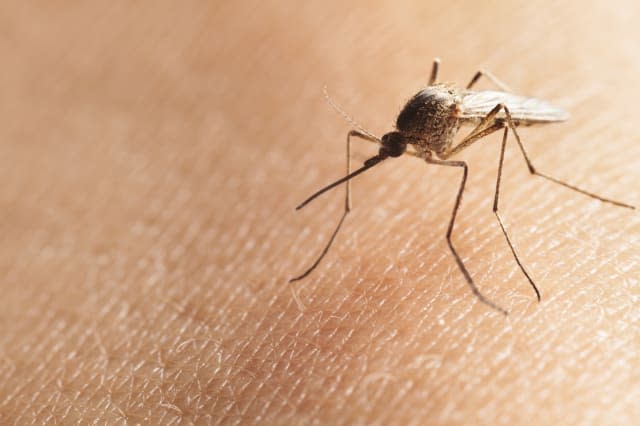Planes arriving in UK from Zika-hit areas sprayed with insecticide

Planes landing in the UK from areas affected by Zika are to be sprayed with insecticide as part of the Government's response to the outbreak.
Zika, which is spreading through the Americas and can cause birth defects if pregnant women become infected, was declared an international emergency by the World Health Organisation (WHO) on Monday.
No cases of the mosquito-born virus have been reported in the UK, but two adults have been confirmed to have had it in Ireland. Both have since fully recovered.
See also: Zika virus: Pregnant women told to avoid Rio Olympics
The Government announced on Friday that, as a precautionary measure, it is asking airlines to ensure that disinsection takes place on all flights travelling to the UK from countries with confirmed transmission of Zika.
This involves spraying a simple insecticide inside the aircraft to reduce the risk of passengers being bitten by any mosquitoes that could have entered the aircraft. It already occurs on the majority of flights from the region as a precaution against malaria.
The move is consistent with advice from WHO Europe.
Aedes mosquitoes, which transmit the virus, are extremely unlikely to be able to survive and breed in the UK due to its lower temperature.
Public Health Minister Jane Ellison said: "Disinsection is a highly precautionary measure to reduce the risk to passengers during flights to the UK.
"I want to reassure people that the risk to the UK population is extremely low. We advise people travelling to affected areas to reduce the risk of themselves being bitten by wearing mosquito repellent, long sleeves and trousers.
"Pregnant women should consider avoiding travel to countries with the Zika virus - or if travel is unavoidable, they ought to seek travel health advice from their GP or a travel clinic well in advance of their trip."
The Government has also announced a further £1 million funding for research to tackle the Zika virus.
Chief Medical Officer Professor Dame Sally Davies said: "We are determined to support international efforts to understand how to diagnose the disease and control its spread. The UK is a world leader in medical research and I look forward to the progress this funding will undoubtedly bring.
"The risk to the UK from Zika virus is extremely low."
Zika has been linked to thousands of babies being born with underdeveloped brains in Brazil. Colombia has also seen a rise in the number of patients diagnosed with a rare neurological disorder which can cause paralysis.
WHO officials have predicted as many as four million people could be infected with the virus this year.




